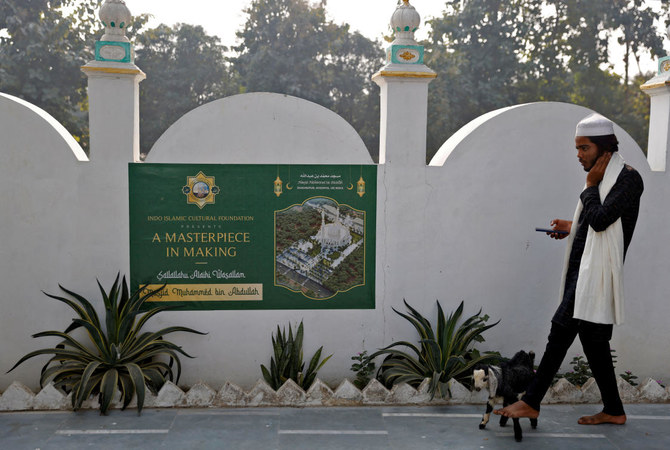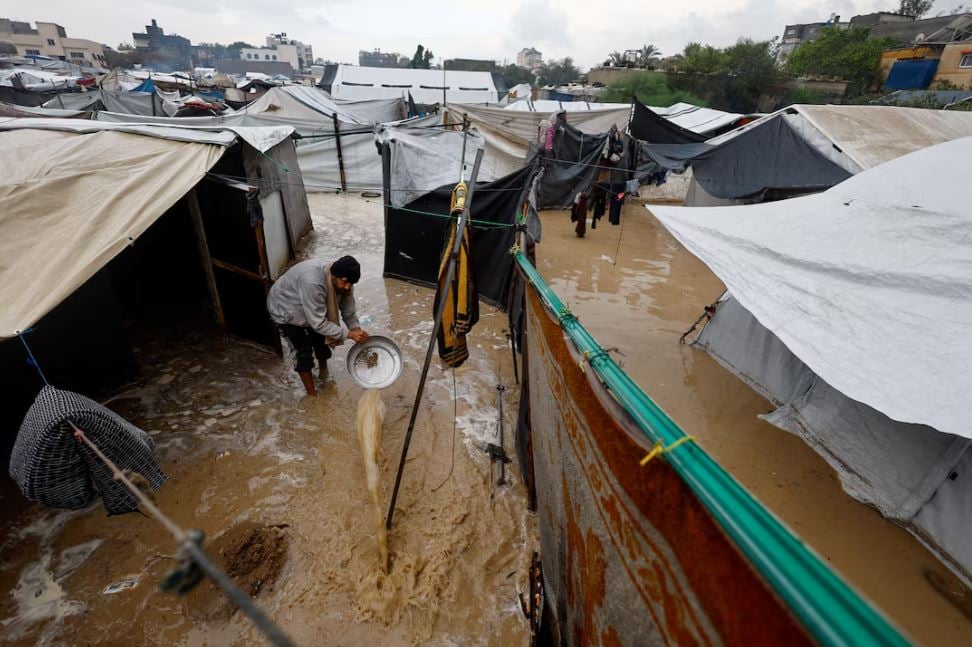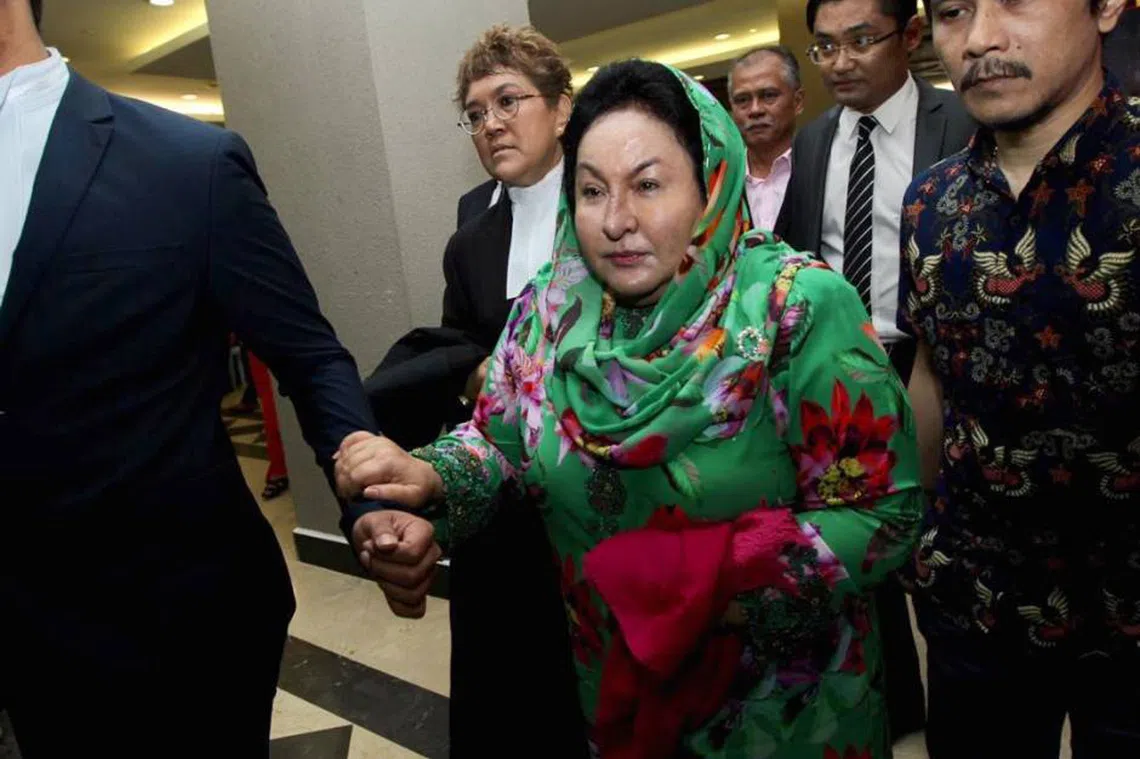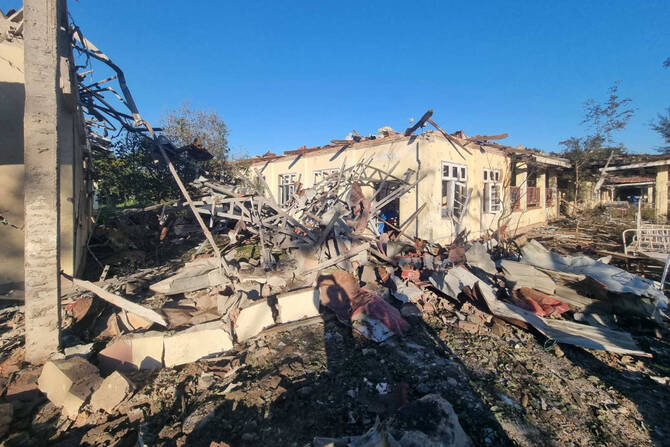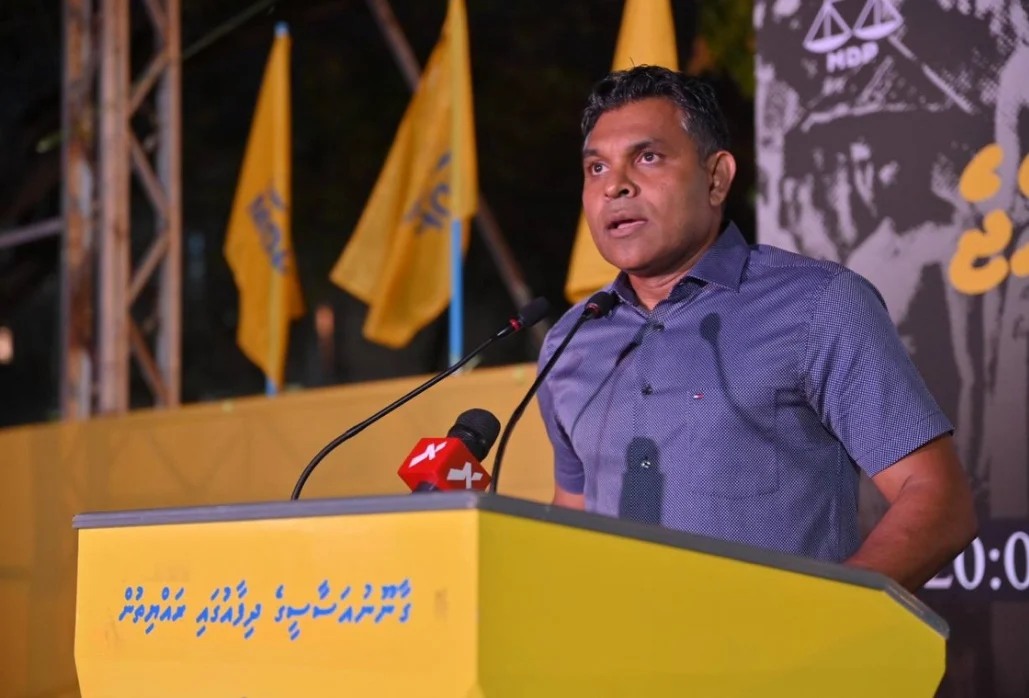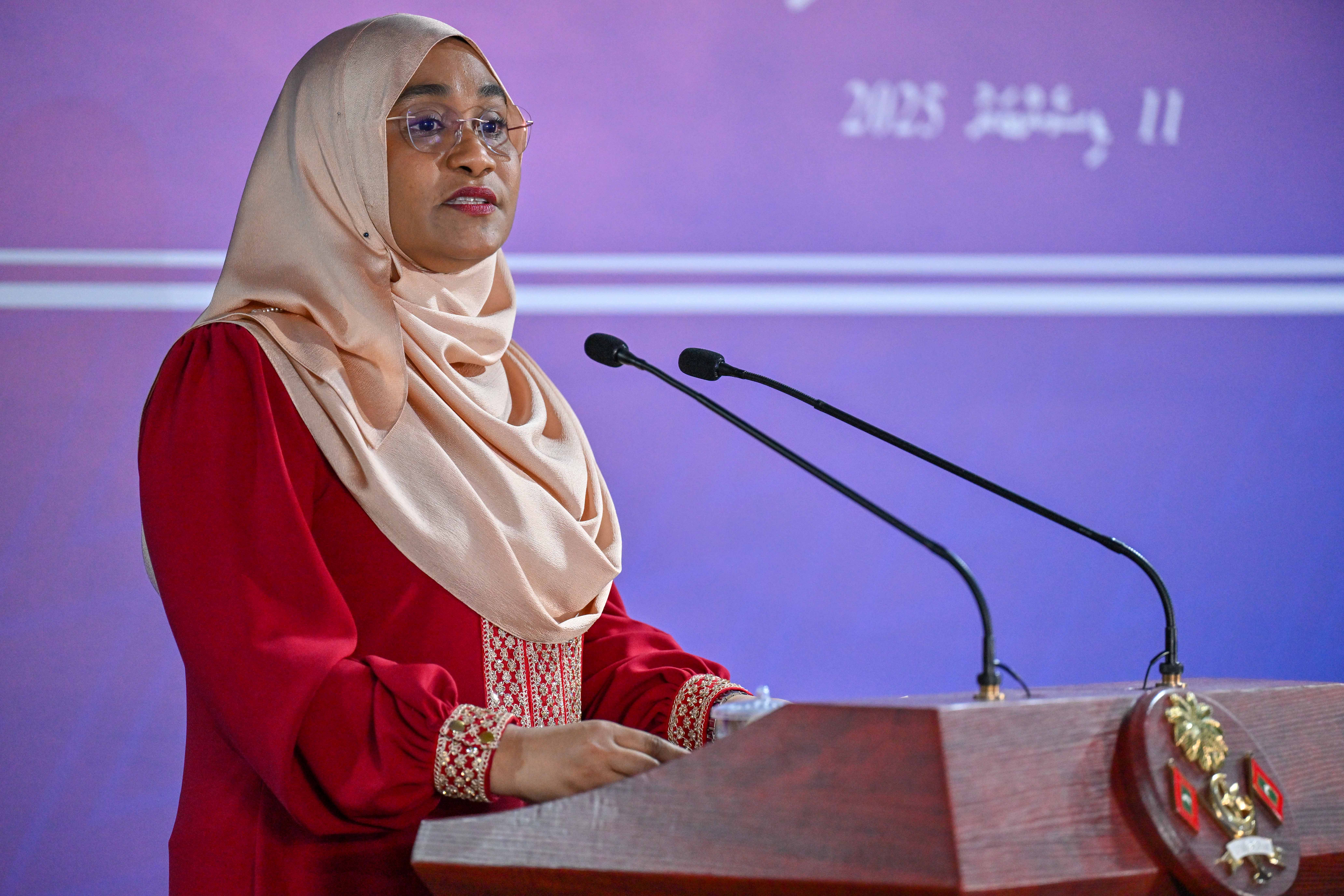In an attempt to get past a violent, protracted conflict, India's minority Muslims plan to begin construction of a new mosque in the same city later this year, while Hindu devotees are preparing to dedicate a massive temple to one of their holiest deities in Ayodhya.
Hajji Arfat Shaikh, the head of the development committee of the Indo-Islamic Cultural Foundation (IICF) that is overseeing the mosque project, said this week that construction would begin in May, after the holy month of Ramadan, and the mosque would take three to four years to build.
The long-awaited consecration of the Ram Mandir, a grand Hindu temple in Ayodhya, northern India, will take place on 22 January in an enormous ceremony due to be attended by many of the highest-ranking officials. The temple is being built on the site of the former Babri mosque, which was controversially demolished by a mob of Hindu extremists in 1992.
The dispute had scarred relations between the communities for decades, and the destruction of the mosque sparked nationwide riots that killed 2,000 people, mostly Muslims.
India’s top court said in 2019 that the razing of the mosque was unlawful but ruled that evidence showed there was a non-Islamic structure beneath it. It ordered that the site be given to Hindu groups to build a temple and Muslim community leaders be given land elsewhere in the city for constructing a mosque.
The new mosque project was named; 'Masjid Muhammed bin Abdullah' after Prophet Muhammad, moving away from 'Babri Masjid' or mosque as the disputed structure was called, after the emperor Babur, who established the Mughal empire.
However, the mosque project was delayed as Muslim groups have struggled to raise funds and begin work at a desolate site about 25 km (15 miles) away. It was also delayed because it had to be redrawn to add more traditional elements in the structure, like minarets, said Athar Hussain, a secretary at the IICF. A 500-bed hospital has also been planned in the complex.
Ayodhya is a town in northern India that, for centuries, was home to the Babri Masjid. The mosque was built in 1527 by a general associated with the Mughal Emperor Babur and was a rare surviving example of the architecture of the early Mughal Empire, which ruled parts of India from the 16th to 19th centuries. Muslims, India’s largest religious minority, worshipped in the mosque for more than 300 years without issue.
Hajji Arfat Shaikh, the head of the development committee of the Indo-Islamic Cultural Foundation (IICF) that is overseeing the mosque project, said this week that construction would begin in May, after the holy month of Ramadan, and the mosque would take three to four years to build.
The long-awaited consecration of the Ram Mandir, a grand Hindu temple in Ayodhya, northern India, will take place on 22 January in an enormous ceremony due to be attended by many of the highest-ranking officials. The temple is being built on the site of the former Babri mosque, which was controversially demolished by a mob of Hindu extremists in 1992.
The dispute had scarred relations between the communities for decades, and the destruction of the mosque sparked nationwide riots that killed 2,000 people, mostly Muslims.
India’s top court said in 2019 that the razing of the mosque was unlawful but ruled that evidence showed there was a non-Islamic structure beneath it. It ordered that the site be given to Hindu groups to build a temple and Muslim community leaders be given land elsewhere in the city for constructing a mosque.
The new mosque project was named; 'Masjid Muhammed bin Abdullah' after Prophet Muhammad, moving away from 'Babri Masjid' or mosque as the disputed structure was called, after the emperor Babur, who established the Mughal empire.
However, the mosque project was delayed as Muslim groups have struggled to raise funds and begin work at a desolate site about 25 km (15 miles) away. It was also delayed because it had to be redrawn to add more traditional elements in the structure, like minarets, said Athar Hussain, a secretary at the IICF. A 500-bed hospital has also been planned in the complex.
Ayodhya is a town in northern India that, for centuries, was home to the Babri Masjid. The mosque was built in 1527 by a general associated with the Mughal Emperor Babur and was a rare surviving example of the architecture of the early Mughal Empire, which ruled parts of India from the 16th to 19th centuries. Muslims, India’s largest religious minority, worshipped in the mosque for more than 300 years without issue.





